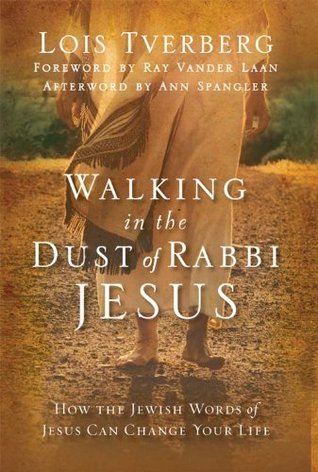More on this book
Community
Kindle Notes & Highlights
Read between
November 26, 2021 - February 10, 2024
“Shema Israel, Adonai elohenu, Adonai echad.” (“Hear, O Israel, the LORD our God, the LORD is one.”)
These six words begin the Shema (pronounced “shmah”), three sections of Scripture repeated twice daily to remind each Jewish person of his or her commitment to God (Deuteronomy 6:4–9; 11:13–21; Numbers 15:37–41; see pages 195–96 for the text). For thousands of years, observant Jewish parents have taught their children the words of the Shema as soon as they could speak. Jesus likely learned it on Joseph’s knee when he was a youngster too. These same lines have been central to Jewish prayer life since centuries before Jesus was born.3
Having a “good eye” (ayin tovah) is to look out for the needs of others and be generous in giving to the poor. But to have a “bad eye” (ayin ra’ah) is to be greedy and self-centered, blind to the needs of those around you.
Handing a ten dollar bill to a hungry homeless man is charity. But inviting him to have lunch with you at McDonalds is an “act of lovingkindness.” It’s something you do with your own hands to help others.
From biblical times until today, the phrase “in the name of” is a Hebrew idiom that often means “on behalf of” or “for the sake of.”
My thinking is that if you’ve discovered insights that bring you closer to God, you’re obligated to share them.
Making sense of everything is not an obligation or even a possibility. Acceptance of mystery is an act not of resignation but humility. — David Wolpe
Rabbi Nachman of Braztlav (1772–1810) put it this way: “If you are not going to be better tomorrow than you were today, then what need have you for tomorrow?”13
Typically, Westerners approach the idea of being made in the “image of God” by asking what unique attributes we have in common with God, like reason, intelligence, moral conscience, and the like. In Abraham’s time, however, being the “image of God” actually had a different connotation. A god’s “image” was its physical representation on earth, like an idol, or the sun or moon. Even more important, kings were said to be the “images” of their gods. A king represented his gods to his subjects, with the belief that the gods reigned over their people through the king’s commands.
A procession of angels pass before a human being wherever he or she goes, proclaiming, “Make way for the image of God.” — Joshua ben Levi
One eighteenth-century rabbi put it this way: “A person should always carry two slips of paper, one in each pocket. On one it should be written ‘The world was created for my sake,’ and on the other it should say ‘I am but dust and ashes.’ “14 On days when we feel discouraged and worthless, we should read the first one. On days when we’re consumed with pride and our own self-importance, we should read the other.


